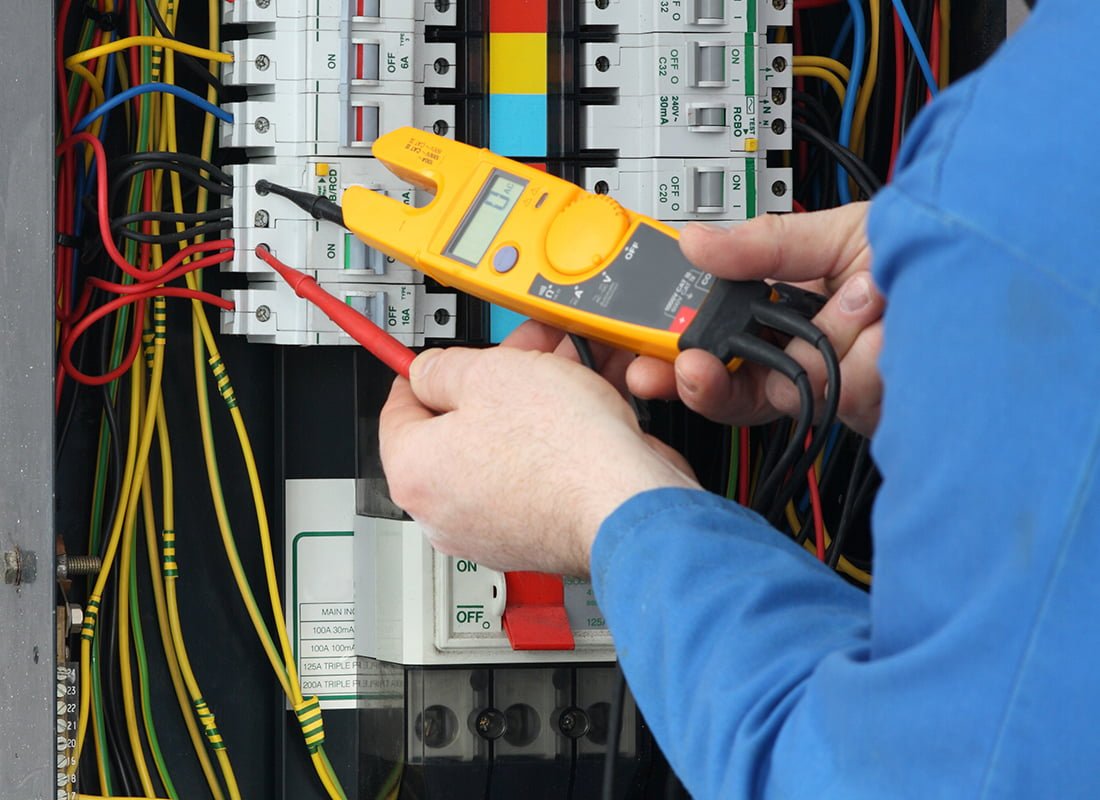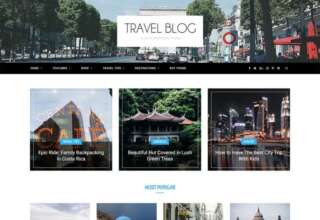
Train 18 will start its services soon and along with it, will herald a new generation of Indian trains. The much talked about Train 18 is expected to start services shortly after the Budget session. But how much will a passenger have to shell out to travel on the indigenously-built fastest train in India? According to reports, Train 18 fares are likely to cost you 40-50 percent more than the Shatabdi Express. As mentioned in agency reports, the Executive Class fare is likely to cost around Rs 2,800-Rs 2,900, while the Chair Car fare is likely to be in the range of Rs 1,600-Rs 1,700.
Train 18 will start replacing the Shatabdi Trains from next year, as mentioned by officials.
The train that runs on electric traction like Metro trains has received all the safety clearances. The Electrical Inspector to the Government (EIG) had given his clearance on Thursday. Built by the Integral Coach Factory (ICF) in Chennai, Train 18 successfully completed its trails and reached up to a speed of 180 kmph. It can touch up to 200 kmph.
An official said that they have now approached the PMO to seek a time for the launch. PM Modi will launch the train after the Budget 2019. The first train is slated to run between New Delhi and Varanasi, the Prime Minister’s Lok Sabha constituency.
Railway Minister Piyush Goyal had said earlier this month that Train 18 will cover the distance between Delhi and Varanasi i.e. 755 km in eight hours. There will be stoppages at Kanpur and Prayagraj. Once in operation, it will leave the current fastest train that takes 11 and a half hour to complete the journey, far behind.
Not only in terms of speed, the new train also has a number of features that will make for superlative passenger experience. Train 18 has features like inter-connected fully-sealed gangways, rotational seats which can be aligned in the direction of travel (available only in the Executive Class), onboard Wi-Fi and infotainment, automatic doors with retractable footsteps, GPS-based passenger information system, modular toilets with bio-vacuum systems, roller blinds and diffused LED lighting and disabled-friendly toilets.
[“source=businesstoday”]
















